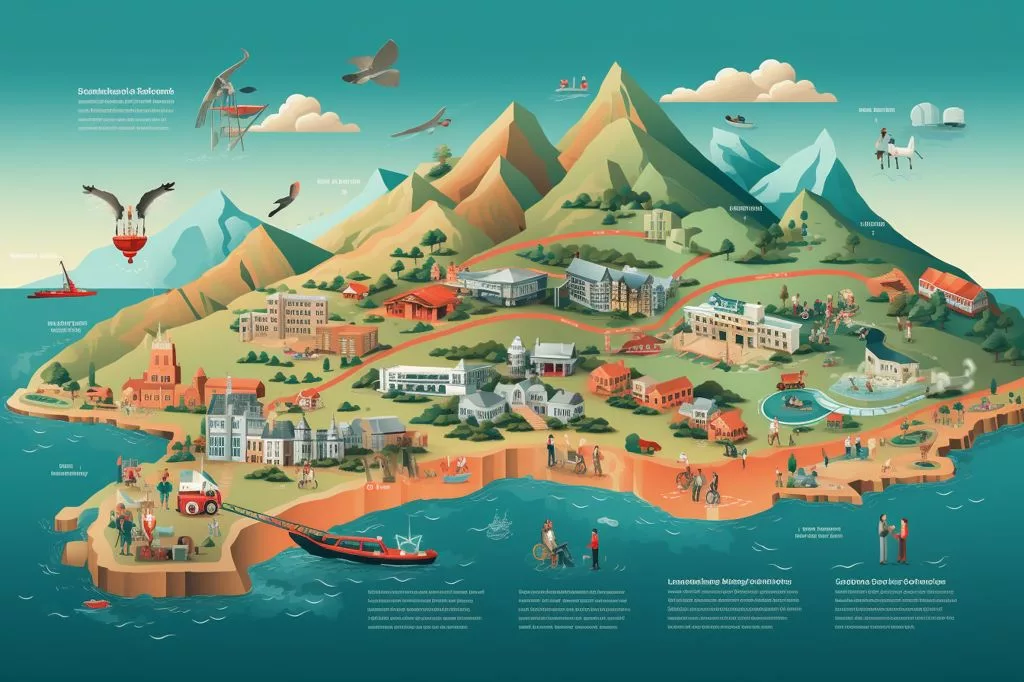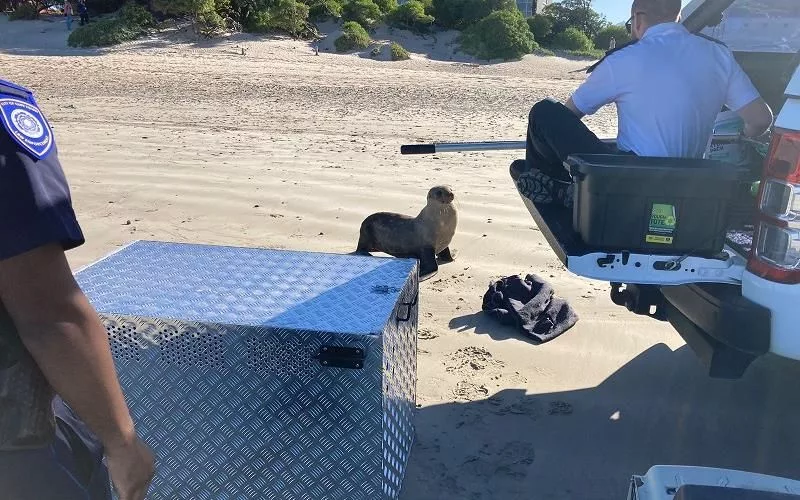The Western Cape Government is taking proactive measures to tackle crime, social issues, and inflation. These measures include enhanced crime intelligence and resolute responses to crime, using census data to guide policy decisions and plan for future needs, addressing inflationary pressures and upholding the value of good governance. Recent Cabinet meetings have focused on these issues and the WCG is committed to creating a safer and more prosperous future for all residents.
What strategies is the Western Cape implementing to tackle crime, social issues, and inflation?
The Western Cape Government is taking a proactive approach to address crime by calling for enhanced crime intelligence and resolute responses guided by the Province’s Safety Plan. They are also using census data to guide policy decisions and plan for future needs while taking measures to tackle inflationary pressures and uphold the value of good governance.
The Western Cape Government (WCG) is consistently striving to establish a secure, thriving environment for its residents. Premier Alan Winde presided over a WCG Cabinet meeting on October 18th, focusing on the current crime situation, findings of Census 2022, and the cost of living in the region.
Taking Charge of the Crime Situation
The WCG Cabinet expressed grave concerns about the recent spike in fatal violence in the province. Premier Winde forcefully denounced the violence and called for enhanced crime intelligence. He stressed that the province deserved to be informed about the South African Police Service’s (SAPS) detective efforts and the actions they were undertaking to rectify gaps in crime intelligence.
In order to effectively tackle crime, Winde demanded a resolute response guided by the Province’s Safety Plan. He asserted the importance of assessing the current crime-fighting strategies and implementing necessary alterations to decrease murders and other violent crimes. Recognizing the province’s substantial investment in visible policing, he contended for increased powers to address major factors influencing crime, such as gangsterism.
Reagen Allen, Western Cape Minister of Police Oversight and Community Safety, intends to arrange a meeting with senior SAPS management in the province to discuss policing requirements and ensure community safety.
Insights from Census 2022: Planning for Western Cape’s Future
The WCG Cabinet examined the Census 2022 findings, which indicated a 27.7% growth in the Western Cape’s population between 2011 and 2022. The census data is crucial for guiding policy decisions and helping the provincial government plan for the future needs of the population.
The Cabinet noted several key findings, including the increase in median age, the highest access to water inside dwellings among all provinces, and remarkable progress in internet access. Additionally, the Western Cape showed the highest proportion of households with access to a flush toilet and the highest percentage of households using electricity as their primary source of energy for lighting.
Premier Winde emphasized the significance of the census data, the 2023 Provincial Economic Review and Outlook (PERO), and the Municipal Economic Review and Outlook (MERO) in providing valuable insights to enhance service delivery and optimally manage budgets for residents. The census data also plays a vital role in assessing government performance and planning budget allocations.
However, the Western Cape recorded the lowest data collection rate at 86% and the highest net undercount nationally at 35.58%. The Cabinet acknowledged that the undercount would be addressed through a post-enumeration survey, an internationally recognized method for determining and adjusting for undercounts.
Tackling the Cost of Living Challenges
The WCG Cabinet expressed deep concerns about inflationary pressures, driven by increasing food prices, especially in light of the recent avian influenza outbreak in several provinces, including one incident in the Western Cape. Premier Winde bemoaned the mounting burden on citizens due to inflation and other pressures.
The Cabinet encouraged poultry farms to enhance biosecurity measures and exercise caution when importing chickens from regions with reported cases.
Upholding the Value of Good Governance
The Premier also provided updates from the extended National Cabinet meeting held on October 11th, where the impending fiscal crisis was discussed. He underscored that budgetary pressures should not be allowed to affect frontline service delivery and reaffirmed the WCG’s dedication to good governance. The WCG is committed to safeguarding healthcare, education, and social development services and is determined to find ways to conserve money and minimize the impact on services over the medium-term economic framework.
In recognition of the WCG’s devotion to its employees, the Cabinet celebrated the Top Employers 2023 award it recently received. Premier Winde expressed gratitude to all provincial government employees for their efforts in maintaining the WCG’s status as the top employer in the country.
The Western Cape Government‘s proactive and comprehensive approach to addressing crime, social issues, and fiscal challenges showcases its commitment to creating a safer, more prosperous future for all the province’s residents.
1. What is the Western Cape Government doing to address crime in the province?
The Western Cape Government is enhancing crime intelligence and calling for resolute responses guided by the Province’s Safety Plan. They are also advocating for increased powers to address major factors influencing crime, such as gangsterism.
2. How is the Western Cape Government using census data to guide policy decisions and plan for future needs?
The Western Cape Government is using the findings from Census 2022 to enhance service delivery and optimally manage budgets for residents. The census data also plays a vital role in assessing government performance and planning budget allocations.
3. What were the key findings from Census 2022 in the Western Cape?
The key findings from Census 2022 in the Western Cape include a 27.7% growth in population between 2011 and 2022, an increase in median age, remarkable progress in internet access, the highest proportion of households with access to a flush toilet, and the highest percentage of households using electricity as their primary source of energy for lighting.
4. What is the Provincial Economic Review and Outlook (PERO) and the Municipal Economic Review and Outlook (MERO)?
The Provincial Economic Review and Outlook (PERO) and the Municipal Economic Review and Outlook (MERO) are valuable reports that provide insights to enhance service delivery and optimally manage budgets for residents.
5. What is the Western Cape Government doing to tackle inflationary pressures?
The Western Cape Government is taking measures to tackle inflationary pressures, especially those driven by increasing food prices, by encouraging poultry farms to enhance biosecurity measures and exercise caution when importing chickens from regions with reported cases.
6. What is the Western Cape Government’s commitment to good governance?
The Western Cape Government is committed to upholding the value of good governance and safeguarding healthcare, education, and social development services. They are determined to find ways to conserve money and minimize the impact on services over the medium-term economic framework.
7. What is the national recognition the Western Cape Government recently received?
The Western Cape Government recently received the Top Employers 2023 award, recognizing their devotion to their employees and maintaining their status as the top employer in the country.
8. How is the Western Cape Government addressing the undercount in the Census 2022 findings?
The Western Cape Government acknowledges the undercount in the Census 2022 findings, which will be addressed through a post-enumeration survey, an internationally recognized method for determining and adjusting for undercounts.








